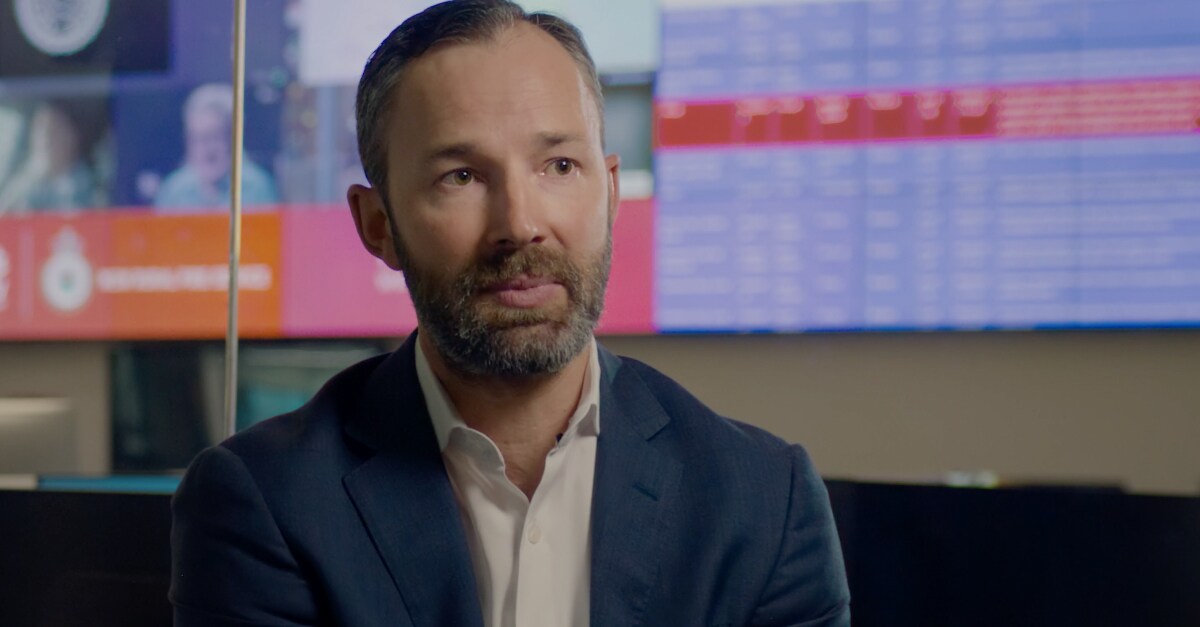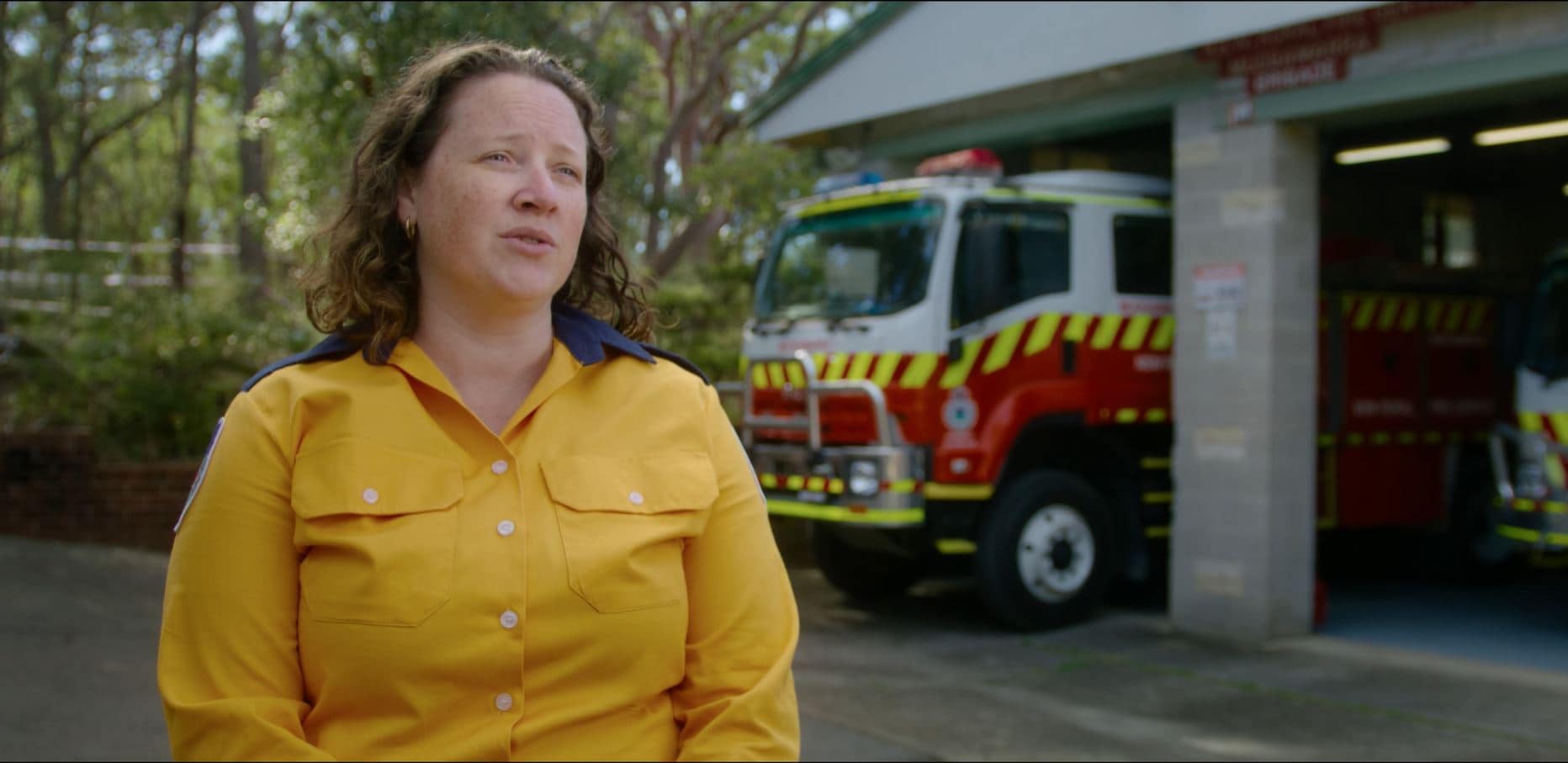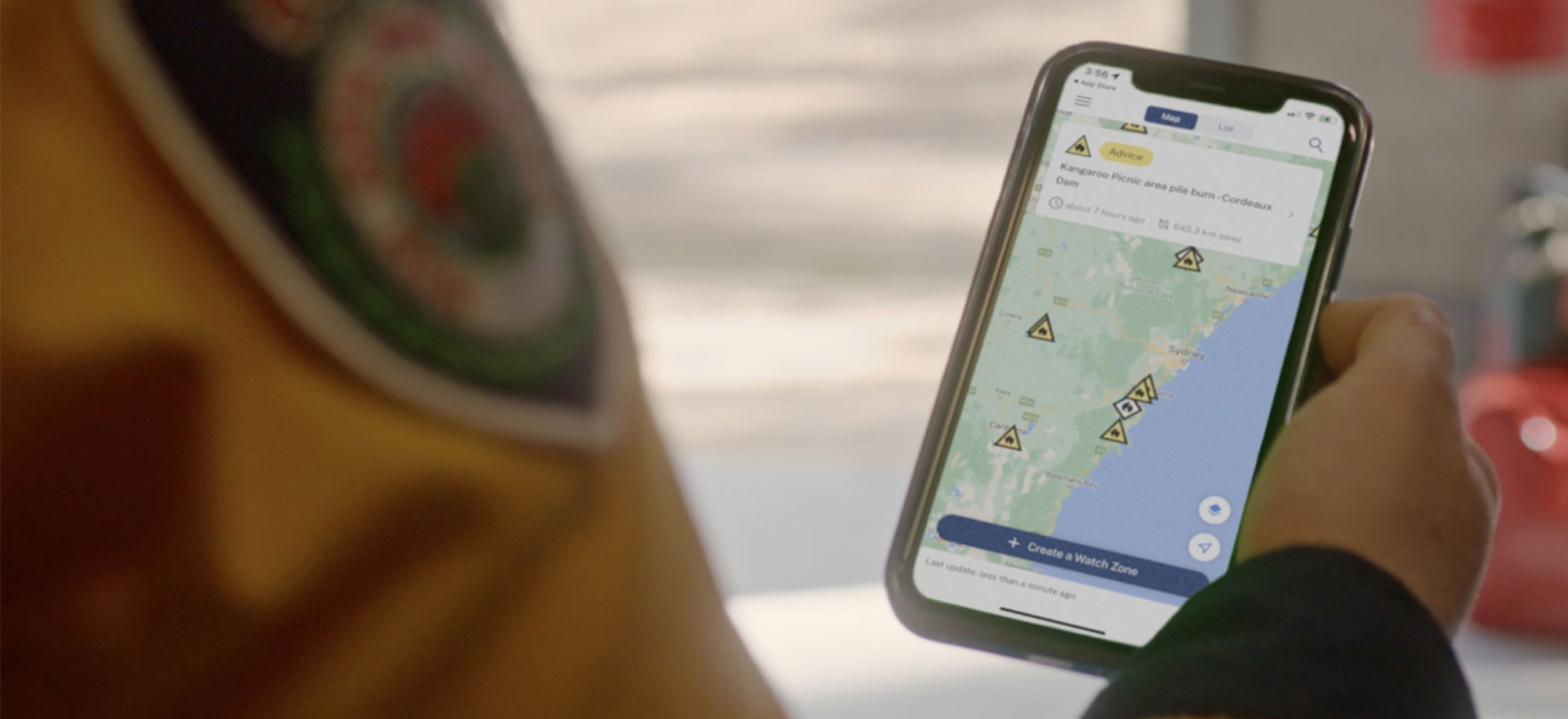Revolutionising Fire Response
NSW Rural Fire Service's Digital Transformation Journey
This article shares the journey that NSW Rural Fire Service is undertaking to transform the largest volunteer firefighting service in the world. This includes the 7 key success factors for any organisation focused on digital transformation, and the critical focus of workforce, not just technology, to achieve business goals.
The NSW Rural Fire Service (RFS) is the world's largest volunteer fire service. Navigating the complexities of digital strategy, tech alignment, and digital change, they set to revolutionise their operations and better serve their communities.
In the face of severe and sustained fire seasons, the need for effective digital transformation in fire response has become critical. Digital transformation is no longer a ‘bolted on extra’ or a ‘nice to have’, but the backbone of any industry leading organisation. Embracing digital transformation opens the possibility of cross-organisation collaboration, enables organisations to unlock new strategic possibilities, align technology with their goals, and increase the adaptability of their workforce to the ever-changing landscape.
Digital Strategy: Expanding Possibilities
The devastating fires of 2019-20 were a catalytic moment for the RFS, who sit at the heart of a complex ecosystem for emergency response in NSW. Before its digital transformation, many of the RFS systems were not optimised, with limited communication and reactive solution design. This led to challenges in reaching the front-line workforce of volunteers and inconsistency between brigades. Recognising the need for change, RFS saw an opportunity to leverage digital transformation to reimagine fire response and align RFS’s 70,000 plus member-base, the largest volunteer fire-fighting organisation in the world.
From modest origins, where landowners shouldered the duty to safeguard their own properties and communities, the NSW RFS now has jurisdiction over 99 percent of the State's land area. This member-led approach remains critical to RFS’s core values, and key to the successful digital transformation was ensuring that the strategy reflected the diverse needs and perspectives of the RFS workforce. To bring to life these aspirations, Deloitte invested time in face-to-face interactions, with over 60 volunteers, RFS executives, and staff. Through this collaborative effort, they were able to identify the key challenges hindering the organisation's progress and establish strategic priorities to supercharge digital change.
“Technology has evolved. It feels like that perfect moment where business leaders are thinking really progressively, and technology is ready to support that."
Ben Thwaites, Partner, Deloitte Enterprise Technology & Performance
Tech Aligned to Strategy: Capabilities and Priorities
Digital Transformation is on the agenda for many organisations. The journey is not a simple one and requires experts working together to solve complexities at scale, some known and many unknown. It is crucial to recognise that this a journey which will evolve, and not a quick-fix approach.
John Danson, Chief Information Officer at NSW Rural Fire Service shares; “Part of the solution is helping the organisation make better use of all the data we have. We have huge amounts of data, so the challenge is, how do you access it the right time? How do you make sense of it? We are on the journey to solve this problem. First, we started looking at how we integrate data across key applications and business processes. With Deloitte, we looked at all the applications we use in our office, to identify the best way to integrate the data across those applications. That led to the recommendation to buildout integration on the platform".
Deloitte and the RFS set out to identify priority opportunities that would improve the efficiency and robustness of critical operational processes through the implementation of digital tools and enhanced capability. However, it is crucial to recognise that these priorities are not simply one-time endeavours; they signify the key steps in RFS's ongoing commitment to advancing its organisation, fostering employee growth, and evolving its technological landscape. When harnessing the power of digital technologies to drive transformative changes, the Deloitte team emphasises that true differentiation stems from a multitude of initiatives rather than a single endeavour. Therefore, it is imperative to adopt a holistic approach to tech-enabled solutions, ensuring their synergy to maximise overall impact.


Digital Change: The Human Element
You can only go as far as your people can. Successful digital transformation goes beyond technology; it requires a cultural shift within the organisation. The RFS recognised the importance of its people, processes, and technology working harmoniously to better respond to the complex, ambiguous and evolving nature of fire response. Implementing digital solutions that enhance situational awareness, improve member experience, and leverage data for preparedness and prediction, enabled RFS to place its people at the core of its operations. Despite the evolution of technologies, progressive leadership and empowered workforces, transformation journeys can be challenging.
To build a resilient and sustainable digitally enabled organisation, the Deloitte team advises that there are 7 Key Success Factors:
1. Build trust and credibility: walk the talk with staff and all key stakeholders throughout your organisation
2. Maturity and governance: understand where your organisation is at in its digital journey and develop clear reporting systems and standards to drive accountability and transformation
3. Keep your purpose front and centre: when complexity and challenges arise, remember why you started
4. Leverage learnings from others: transformative change requires an ecosystem response. Deloitte, for example, reaches out to a network of thought leaders, subject matter experts and change agents
5. Design change management into strategy: Change occurs along a spectrum throughout transformation, so it's crucial to consider change management before implementation. To ensure alignment with key stakeholders, bring them along on the journey from day one
6. Keep momentum: communicate progress to stakeholders – the good, the bad and the ugly. As Megan Maletic, Partner in Human Capital at Deloitte says; “The test is not building the relationships; the test is showing up when challenges arise and doubling down.”
7. Leave a legacy: don’t just focus on the transformation goal, but also on building the capabilities of your organisation and people within it.
The Rural Fire Service's transformation journey serves as an inspiration for organisations seeking to supercharge their digital optimisation approach.
Through collaboration with Deloitte to develop a comprehensive digital strategy, aligning technology with strategic goals, and empowering its members to embrace digital change, the RFS has revolutionised its fire response capabilities and shown that digital transformation is not just about systems and processes, but about people and their collective ability to adapt, adopt, and succeed in the face of challenges.
A recent whitepaper from Deloitte, revealed an analysis of 10 years' of financial disclosures from more than 4,000 global organisations to understand how digital transformation actions can increase – or even erode – enterprise value. Just as can be seen in the journey that NSW RFS has undertaken, the focal points for organisations are:
- The Digital Strategy: the strategic possibilities created by digital transformation
- Tech Aligned to strategy: tech is being harnessed to achieve the goals and bring the strategy to life
- Digital Change: the ability to adapt and adopt new processes, resources and ways of working. This is about the human characteristics necessary for transformation
In essence, digital strategy cannot exist without both technology and workforce transformation being in lockstep throughout.

"This is the third year on this journey, and we are seeing the benefits. It's much easier to connect our systems, it's much easier to share data”
John Danson, Chief Information Officer, NSW Rural Fire Service





